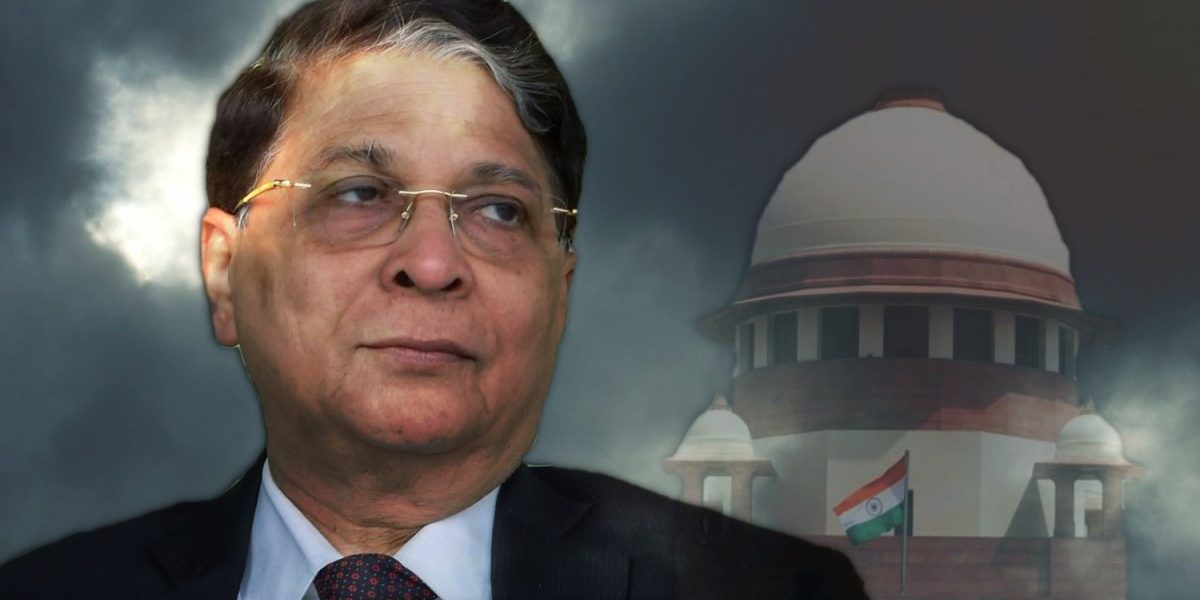Now Reading: The ethicality of AI is the test of the law: Former CJI Dipak Misra
-
01
The ethicality of AI is the test of the law: Former CJI Dipak Misra

The ethicality of AI is the test of the law: Former CJI Dipak Misra
IFIM Law School Bangalore, hosted an International Conference on Law and Regulation of Artificial Intelligence at the campus today. Former Chief Justice of India Hon’ble Dipak Misra and Justice Dominique Hascher, Judge at the Supreme Court of France, were the chief guests for the occasion.
In his inaugural speech, Justice Misra said, “The future of any new-age technology lies in the regulations that govern them. Artificial Intelligence promises a high growth potential in a number of sectors. However, it needs a strong legal framework around it to explore maximum benefits. AI today is growing multi-fold and we still do not know all the advantages or pitfalls associated with it which are yet to be completely discovered. This is why it is of utmost importance to have a two-layered protection model; one, technological regulators; and two, laws to control AI actions as well as for accountability of errors. India has the right talent and technological resources. With a powerful legal directive, the country can set many milestones with a strong command over Artificial Intelligence.”
India currently does not have specific regulations that govern Artificial Intelligence. However, the country will be following the lead of countries such as Canada, Singapore, France, China and the UK, to name a few, to formulate and eventually implement policies and regulations that control the use of AI.
Interim Finance Minister Piyush Goyal in his Budget 2019 announced earlier this month that the Government of India was considering a National Centre for Artificial Intelligence, and will also be unveiling a national AI portal soon.

International Conference on Law and Regulation of Artificial Intelligence at IFIM Law School
Justice Dominique Hascher, Judge at the Supreme Court of France, addressed the global scene on the regulation of Artificial Intelligence (AI). “Each nation today aims to become a global leader in Artificial Intelligence. Hence, countries like the USA, the UK, China, and Germany are increasing investments to leverage this technology. However, private technology companies are acing the field. India’s unique challenges and aspirations, combined with the advancements in AI, and a desire to assume leadership in this nascent technology means India’s approach towards AI strategy has to be balanced for both local needs and the greater good. A strong regulatory system around this can ensure long-term benefits and growth,” said Justice Dominique in his keynote speech.
Dr Avinash Dadhich, Principal and Associate Dean at IFIM Law School, expressed the importance of the academia to guide the future of legal education in India. “The Industrial Revolution 4.0 promises a brighter future. The new age technologies such as Artificial Intelligence and Machine Learning need to be comprehended well for its easy adoption across industries. The legal fraternity here will play a key role here to develop an understanding of its use by judiciary. Legal practice is never limited to any single sector. Hence, young lawyers today need to be well-versed with what the Industrial Revolution 4.0 offers.”
Other speakers at the event included Prof. Joel Moneger, Dauphine University, Paris, Prof. P. Ishwara Bhatt, Vice-Chancellor of KSLU, Prof. Nandimath, Registrar, NLSIU, Bengaluru and Prof. Jacques Larrieu, University of Toulouse, France. IFIM Law School also published a survey report on views of the legal fraternity with regard to the integration of AI with law in India.







